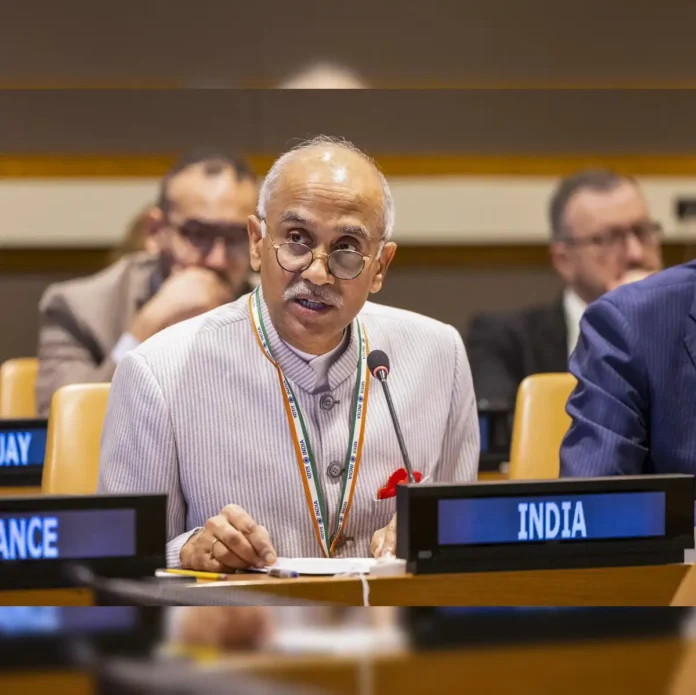India has urgently appealed to the international community to prevent terrorist groups, including Lashkar-e-Tayyiba and Jaish-e-Mohammed, from exploiting Afghan territory. This statement was made during a UN Security Council meeting held on Wednesday, aimed at addressing the ongoing security concerns in Afghanistan.
India’s Permanent Representative to the UN, Ambassador Parvathaneni Harish, emphasized the necessity for global cooperation. “The international community must coordinate efforts towards ensuring that entities and individuals designated by the UN Security Council, including ISIL and Al Qaeda affiliates, no longer use Afghan territory for terrorism,” he stated, highlighting concerns regarding Pakistan’s role.
What India is Doing to Promote Stability in Afghanistan
As part of its broader strategy, India has been closely monitoring the situation in Afghanistan since the Taliban’s takeover in August 2021. Harish stressed that India and Afghanistan share a civilizational bond. Thus, Delhi has a vital interest in promoting peace and stability within the war-torn nation.
“We believe in the utmost importance of international and regional consensus and cooperation on key issues concerning Afghanistan,” he added. India’s proactive role can also be seen through its participation in discussions at regional forums like Doha, underlining its commitment to collaborative peace efforts.
India’s Humanitarian Assistance for Afghans
During the session, Harish also shed light on the humanitarian crises facing the Afghan people, particularly following the recent devastating earthquake. “It is time for compassion and lending a helping hand,” he expressed, referring to the millions suffering from poverty, disease, and hunger.
India was one of the first countries to respond, sending vital supplies including 1,000 family tents and 15 tonnes of food. “An additional 21 tonnes of relief materials are set to be dispatched,” Harish reported, demonstrating India’s ongoing commitment to aid.
Long-term Strategic Vision for Afghanistan
Harish highlighted that any successful policy in Afghanistan must involve both incentivizing positive behavior and disincentivizing harmful actions. “Focusing only on punitive measures is unlikely to achieve the desired results,” he cautioned, suggesting that the UN and global partners adopt more nuanced approaches.
He urged that Afghanistan requires a fresh policy framework to address its unique circumstances. A “business as usual” approach, he warned, would merely maintain the status quo, failing to meet the needs of the Afghan people.
India’s Continued Support and Development Partnerships
India’s commitment to Afghanistan extends beyond immediate humanitarian aid. Harish confirmed that India has engaged in over 500 developmental projects across Afghan provinces. These initiatives focus on sustaining Afghanistan’s reconstruction in the long run.
Moreover, India’s collaboration with the UN Office on Drugs and Crime aims to assist drug rehabilitation programs, especially those targeting women’s empowerment. Harish insisted, “India’s commitment to meeting the developmental needs of the Afghan people is non-negotiable.”
In conclusion, India remains steadfast in its pursuit of a stable and prosperous Afghanistan, addressing both immediate and long-term needs through coordinated international efforts.



